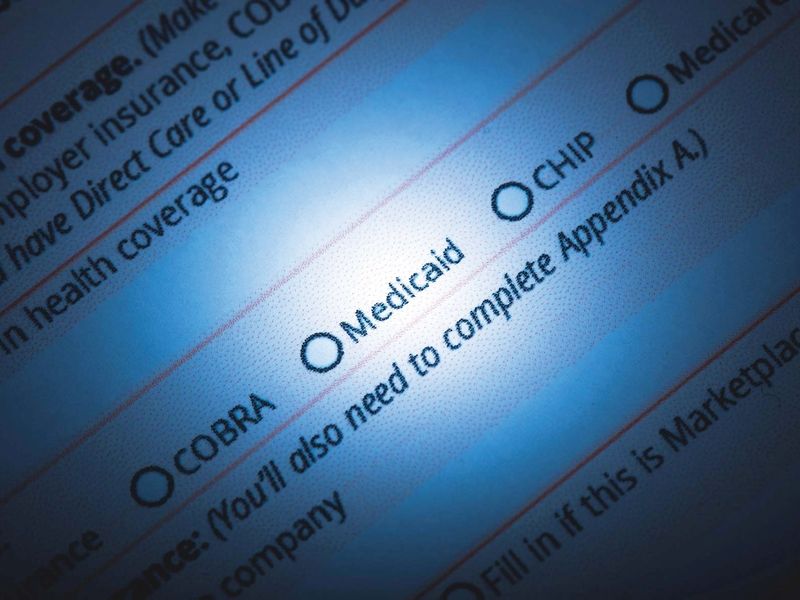
More than 2 million low-income people who live in states that have rejected the Affordable Care Act’s Medicaid expansion would get help buying coverage on the ACA’s exchanges under a bill released Thursday by a congressional committee.
The U.S. House of Representatives’ Energy and Commerce Committee released its portion of the $3.5 trillion health, education, labor and social services package congressional Democrats hope to pass this year, proposing permanent coverage of people who fall in the Medicaid expansion gap in states like Texas and Florida.
Through 2024, those individuals would be eligible for ACA premium tax credits with enhanced cost-sharing assistance.
That would be a win for providers, who favor the higher rates paid by ACA plans over Medicaid.
But beginning in 2025, those individuals will be eligible to enroll in a federal Medicaid program for non-expansion states, to be operated by third party entities, likely setting up a fight over payment rates down the road.
Closing the expansion gap would be a boon for rural hospitals, which are most likely to close in non-expansion states due in part to the high levels of uninsured people they treat.
The coverage gap was created after the Supreme Court ruled in 2014 that the ACA couldn’t force states to expand their Medicaid programs to cover low-income adults.
Medicaid expansion became optional, with 38 states adopting it as of this year. Twelve states still haven’t expanded Medicaid, rejecting anything to do with the politically controversial ACA.
More than half of the people in the coverage gap live in two states: Texas and Florida, where state leaders appear unlikely to embrace expansion anytime soon.
The Energy & Commerce Committee bill would also establish an ACA reinsurance program, which the nonpartisan Congressional Budget Office (CBO) estimates could reduce premiums by 7%.
The bill proposes a permanent extension of the Children’s Health Insurance Program, nearly $200 million to expand home-and-community-based services in Medicaid, and Medicare coverage of dental, hearing and vision benefits.
It also includes $15 billion for pandemic preparedness, including for strengthening supply chains, and $35 billion to rebuild and modernize public health departments.
Source link : https://www.modernhealthcare.com/medicaid/house-democrats-propose-aca-subsidies-medicaid-expansion-gap











